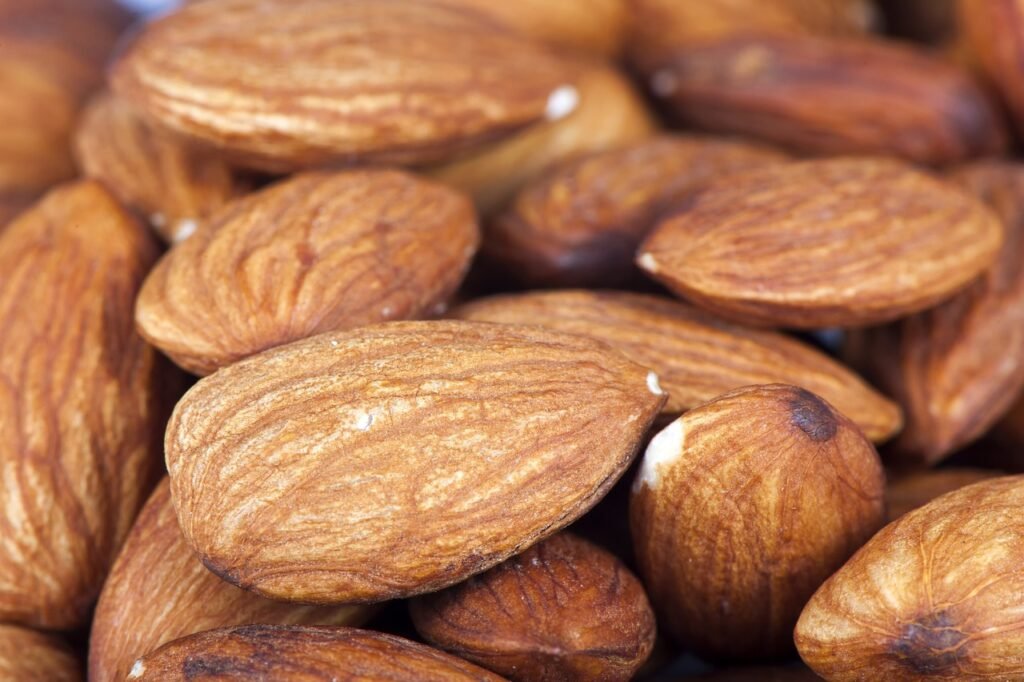Achieving peak performance requires more than just physical training; it demands a strategic approach to nutrition that supports your body’s energy needs. In this article, we will delve into the scientific principles of fueling your body for optimal performance, addressing the timing of carbohydrates, fats, and proteins before and after workouts. Additionally, we’ll explore the distinction between a short-term “diet” and a sustainable, long-term approach to eating that aligns with your performance goals.
Timing and Composition: A Scientific Approach

1. Carbohydrates: The Primary Energy Source
- Before Workout:
- Timing: Consume a carbohydrate-rich meal 2-3 hours before exercise.
- Composition: Choose complex carbohydrates with a moderate glycemic index (GI) to sustain energy levels.
- During Workout:
- Timing: Consider consuming easily digestible carbohydrates for sustained energy during prolonged activities (e.g., endurance sports).
- Composition: Opt for sports drinks, energy gels, or whole foods with quick-digesting carbs.
- After Workout:
- Timing: Consume a post-workout meal containing carbohydrates within 30 minutes to replenish glycogen stores.
- Composition: Include both simple and complex carbohydrates to facilitate rapid and sustained glycogen replenishment.
2. Fats: The Endurance Fuel

- Before Workout:
- Timing: Include moderate amounts of healthy fats 3-4 hours before exercise to allow for digestion.
- Composition: Choose sources rich in omega-3 fatty acids, such as fish or nuts.
- During Workout:
- Timing: Fats are not the primary energy source during high-intensity exercise; focus on carbohydrates instead.
- After Workout:
- Timing: Include healthy fats in your post-workout meal to aid in nutrient absorption.
- Composition: Incorporate avocados, olive oil, or nuts for a well-rounded nutrient profile.
3. Proteins: Essential for Recovery and Muscle Building
- Before Workout:
- Timing: Include a moderate amount of protein in your pre-workout meal 2-3 hours before exercise.
- Composition: Opt for lean protein sources like poultry, fish, or plant-based options.
- During Workout:
- Timing: While not a primary focus during exercise, consuming a small amount of protein may be beneficial for prolonged activities.
- Composition: Protein supplements with added carbohydrates can be suitable for extended endurance efforts.
- After Workout:
- Timing: Prioritize protein intake within 30 minutes of completing your workout to support muscle repair and recovery.
- Composition: Include high-quality protein sources like whey, eggs, or plant-based alternatives.

Diet vs. Long-Term Eating for Performance:
1. Short-Term Dieting:
- Focus: Often centered around short-term weight loss goals.
- Limitations: May involve restrictive practices that can compromise energy levels and nutrient intake.
- Sustainability: Generally challenging to maintain over the long term.
2. Long-Term Eating for Optimal Performance:
- Focus: Centers on providing adequate energy and nutrients to support overall health and sustained performance.
- Incorporation: Prioritizes a balanced intake of macronutrients and micronutrients.
- Sustainability: Adaptable and sustainable, aligning with individual performance goals.
Fueling your body for optimal performance is a science that involves precise timing and a strategic balance of carbohydrates, fats, and proteins. The timing of nutrient intake before and after workouts plays a crucial role in energy optimization, muscle recovery, and overall performance. While short-term diets may offer quick results, a sustainable, long-term approach to eating ensures consistent energy levels, proper nutrient intake, and enhanced athletic performance. As you embark on your journey to peak physical condition, consider consulting with a registered dietitian or nutritionist to tailor your nutrition plan to your specific needs, optimizing both short-term and long-term performance goals.
